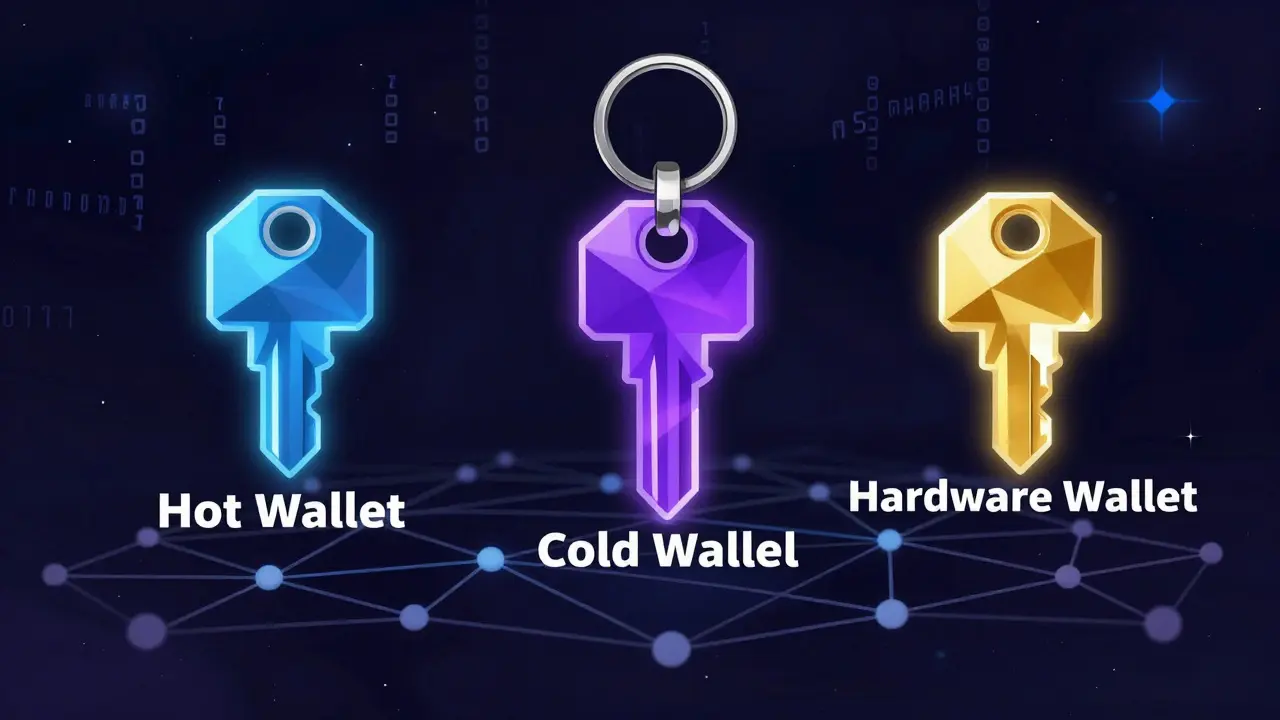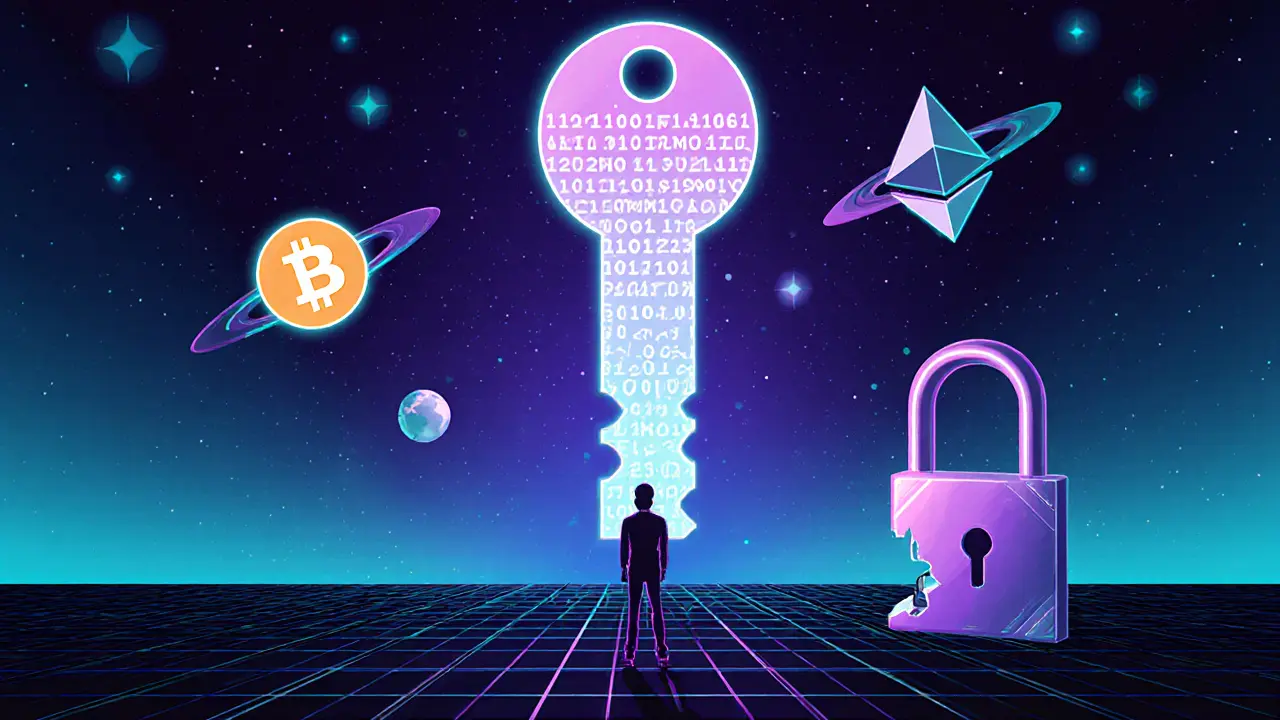Hardware Wallet: Secure Your Crypto with Offline Storage
When you hold crypto, you're not just owning a number—you're holding the private keys that control it. That’s why a hardware wallet, a physical device that stores crypto private keys offline. Also known as cold storage, it's the most reliable way to protect your coins from hackers, exchange hacks, and phishing scams. Unlike software wallets on your phone or computer, a hardware wallet never connects to the internet. Your keys stay locked inside, even when you sign transactions. This simple design stops remote attacks dead in their tracks.
Most hardware wallets support Bitcoin, Ethereum, and hundreds of other tokens. Brands like Ledger and Trezor dominate the market because they’ve proven reliable over years of use. They let you check your balance, send funds, and even interact with DeFi apps—all while keeping your keys offline. You plug it into your computer or phone only when you need to sign a transaction, and even then, you must physically press a button to confirm. No one can steal your crypto unless they have your device and your recovery phrase. That’s why writing down your 12- or 24-word backup phrase on paper and storing it somewhere safe is non-negotiable. Lose the phrase? Lose your crypto. Lose the device? Just plug in a new one and restore with the phrase.
Hardware wallets aren’t just for Bitcoin whales. If you hold more than a few hundred dollars in crypto, you’re already at risk. Exchange wallets get hacked. Mobile apps get infected. Even smart contracts can be exploited. A hardware wallet cuts that risk by 99%. It’s not fancy. It doesn’t earn yield. But it does what matters: keeps your money safe when the market crashes, the news turns ugly, or someone tries to trick you. You’ll find posts here that break down real cases—like how people lost thousands to fake wallet apps, or why even big exchanges like Upbit got fined for poor security. You’ll also see reviews of devices that look good but fail under pressure, and warnings about scams pretending to be hardware wallets. This isn’t theory. It’s survival.
Understanding Different Types of Crypto Wallets: Hot, Cold, and Hardware Explained
Learn how hot, cold, and hardware wallets work, which one to use for trading vs. holding, and why seed phrases matter more than passwords. Real data on security risks, costs, and user experiences.
learn moreHow Private Keys Control Your Crypto Assets
Private keys are the only thing that gives you real ownership of cryptocurrency. Without them, your crypto is just an IOU. Learn how they work, how to store them safely, and why self-custody matters more than ever in 2025.
learn more
